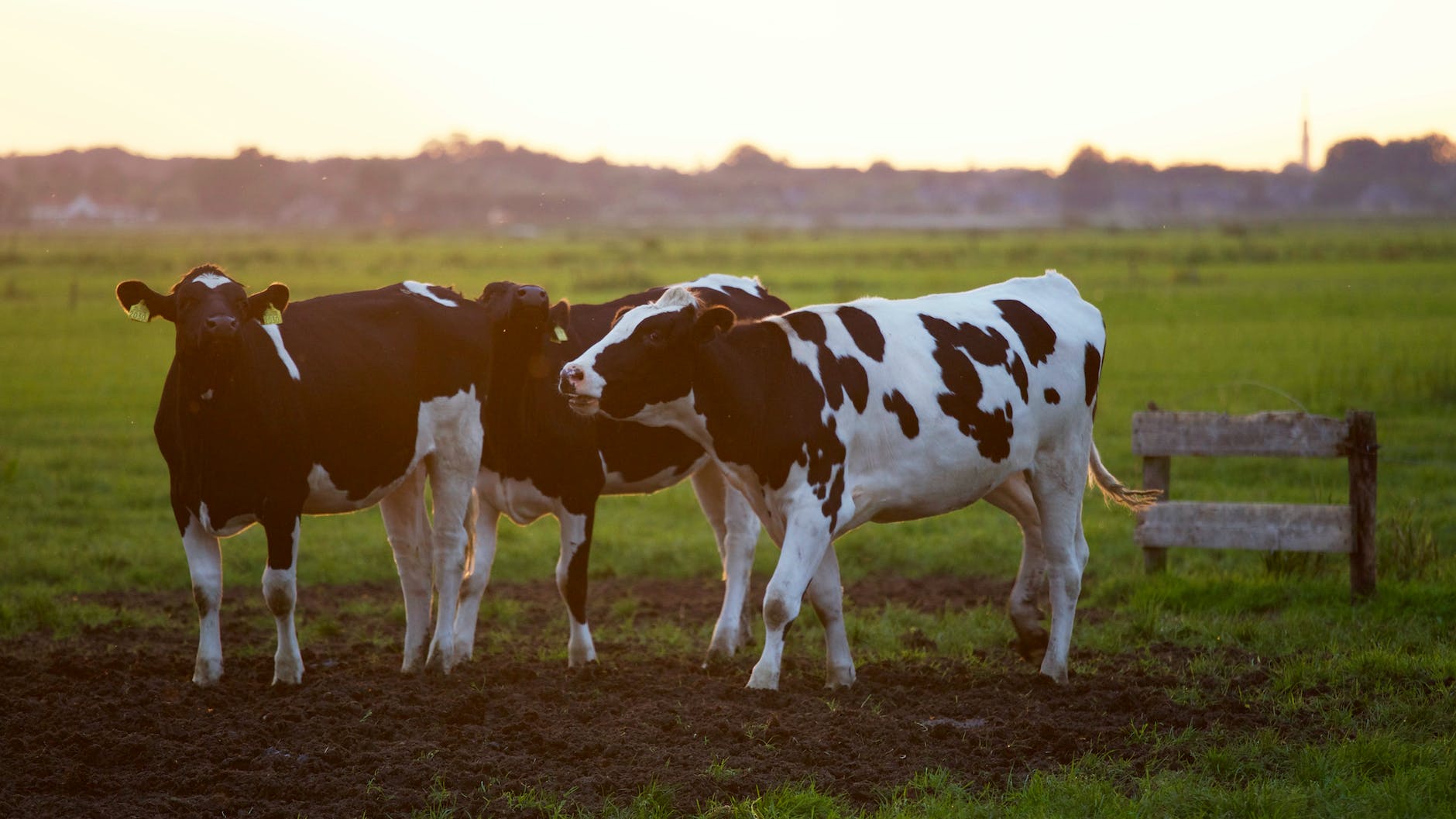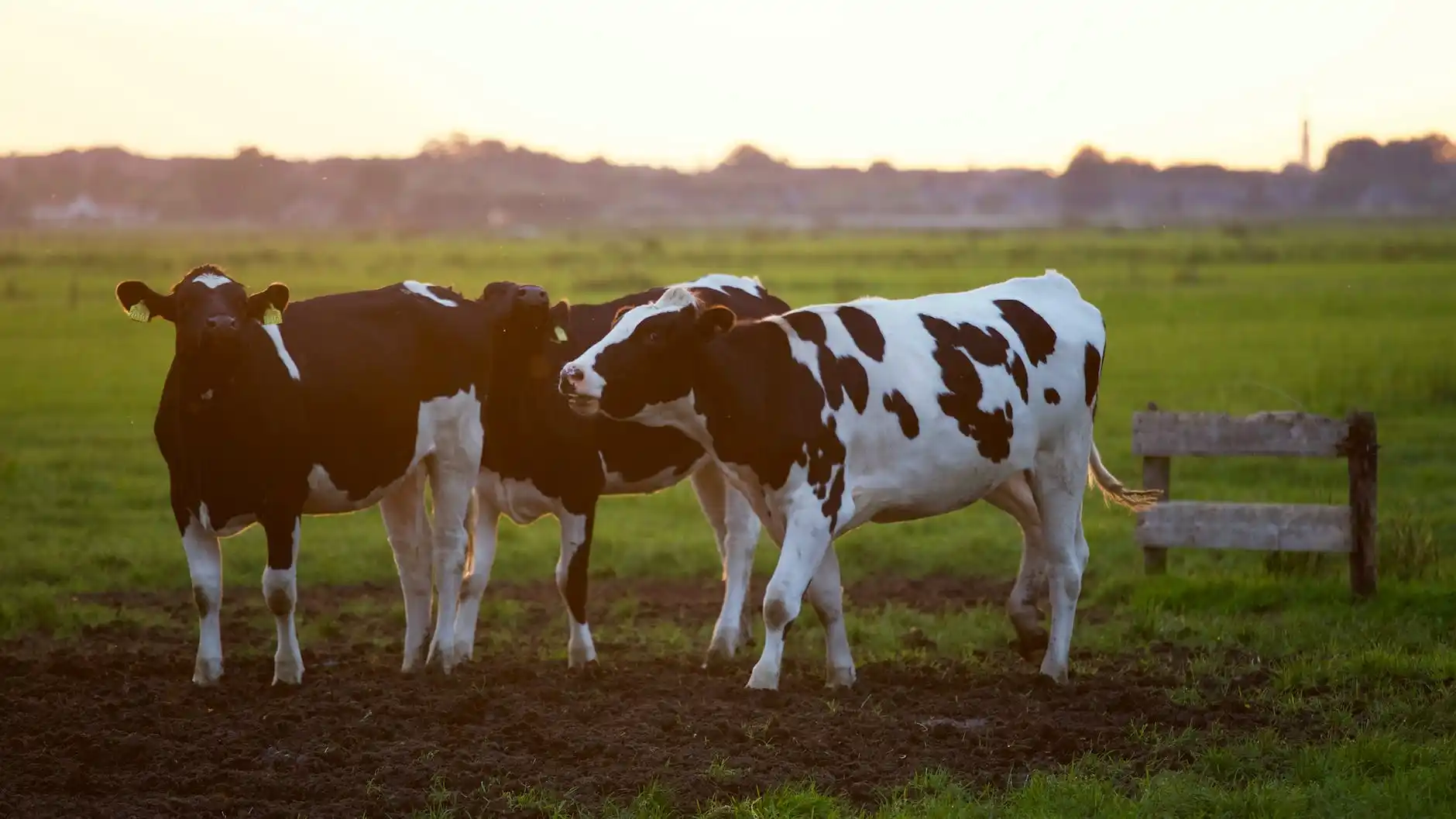
The upcoming global climate summit, COP28, will for the first time focus significantly on food systems, highlighting the complex relationship between agriculture and climate change. Agriculture is not only severely impacted by climate change through extreme weather events but also contributes notably to greenhouse gas emissions, primarily through methane from livestock and carbon from land clearing. Australian farmers have experienced a roughly 20% decline in productivity over the past two decades, attributable to climate change, translating to significant economic losses.
Efforts to produce a net zero plan for agriculture are underway, acknowledging that about 17% of Australia’s greenhouse gas emissions originate from food and fibre production.
However, the agricultural sector is lagging in adopting alternative technologies to reduce these emissions, particularly in tackling methane emissions from livestock. While there are ongoing research efforts to address this, current technologies are not yet able to completely eliminate methane production in cattle.
This complex issue highlights the need for significant research and innovation in agriculture to meet climate goals without undermining food security.






